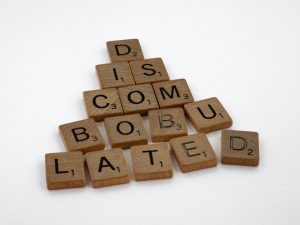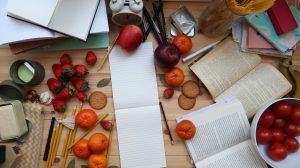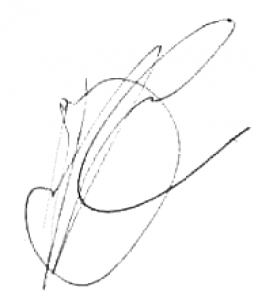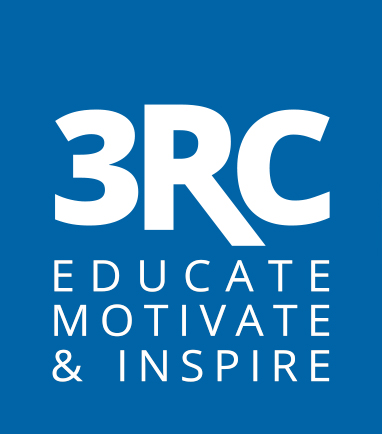
Picture this. You’re sitting in class, it’s 11:32, you’re tired from the night studying before, and your teacher will not stop waffling on about something called a mitochondria. To add to the sting of this tragic day, you’re fairly sure that you failed the class test that you slaved away for the previous evening. What went wrong you wonder? Was it a difficult paper? Should I have studied harder? Am I dumb? Should I drop out of school, move to the Ukrainian mountainside, and begin farming wild asparagus? Well, I’m here to say, just calm down. There are a host of different moves to make before considering agricultural immigration and I am here to tell you about a very helpful and important one today. Finding the studying techniques that work for you.
Being fresh out of school I recently swung by my old high school to pick up my matric certificate staring at this piece of paper that symbolised 12 years of school, I couldn’t help but think how much easier the entirety of school would have been if I studied all the way through, as I studied in matric. In matric, not wanting to be violated by my exams, I decided that I would make a concerted effort to find out what worked for me. I sacked off the pathetic flow chart and mind map ideas that teachers had forced on me for the many years of school and decided to pioneer my own methods. Funnily what ended up working for me …was studying through pure chaos. Even to this day, if I study or am working, I have a bunch of things going off at the same time. I have YouTube going, music playing, my phone chiming and it just works for me. I am very aware that this mosh pit of activity does not work for everyone, but it works for me, it helps me concentrate and retain information.
Me being able to discover that this works for me stems from the simple discovery of what type of learner I am. To break it down there are 3 different types of learners, visual, auditory, and kinesthetic. The basics of each one is that with visual, you learn through colours and seeing things. Auditory is learning through hearing things. Kinaesthetic is learning through doing, so attaching knowledge to action. In school, you are taught some hodgepodge mix of techniques that caters to very few people. Unfortunately, this leaves the work to be placed on you to find out how you study.

To find your learning style it is as simple as taking a quiz online. While you are here though I’m going to attempt to expand upon the 3 learning types that I know.
Kinesthetic: I’m starting with this learning type because in, my opinion, it is the most complicated. Google describes it as a learning style based around touch and manipulation of objects. Before you ask me how it could be possible to hold a maths problem in your hand in an attempt to remember the formula, let me explain. With this style making things aids memory. Models and 3D charts help the retention of knowledge. Even integrating exercise while studying, people who are successful with this style often walk on a treadmill while they study. Associate an action with the information and it will work for you.
Visual: As the name would imply, this style relies on the person seeing something to learn it. This lends itself well to doing mind maps and flow charts as well as any studying technique that involves a lot of colours. When people talk about a photographic memory, this is the learning style that they have. So if you’ve ever looked over at the next desk in history class and judged that that girl who is using the entire array of typos stationary department, to colourfully write “Ugandan genocide” in cursive, just know that that is probably what helps her retain information.
Auditory: This is the one I know the best because it’s the one that I am. It basically boils down to hearing something to remember it. The reason that I successfully made it through so many years of school without really studying too hard is because I listened in class. I am also a genius who puts Stephen hawking to shame but we won’t talk about that (this is a joke I am not smarter than Stephen hawking) but I digress. A technique that helps auditory learners like myself is recording lessons and going back to listen to them. First prize will always be paying attention in class, so listen in class and after school studying will be far easier.
Find the type of studying that works for you as early as possible because it makes learning everything a breeze. Being self-aware enough to know how your brain works is a massive plus in life and make learning anything easier. So no, you are not dumb, yes maybe it was a difficult test, and yes you can prepare better for next time but do it in a way that works for you. Then you might just be able to avoid life in rural Ukraine.
Dylan Cheytanov

![]()
(P.S. The Ukrainian Mountainside I am moving to)

